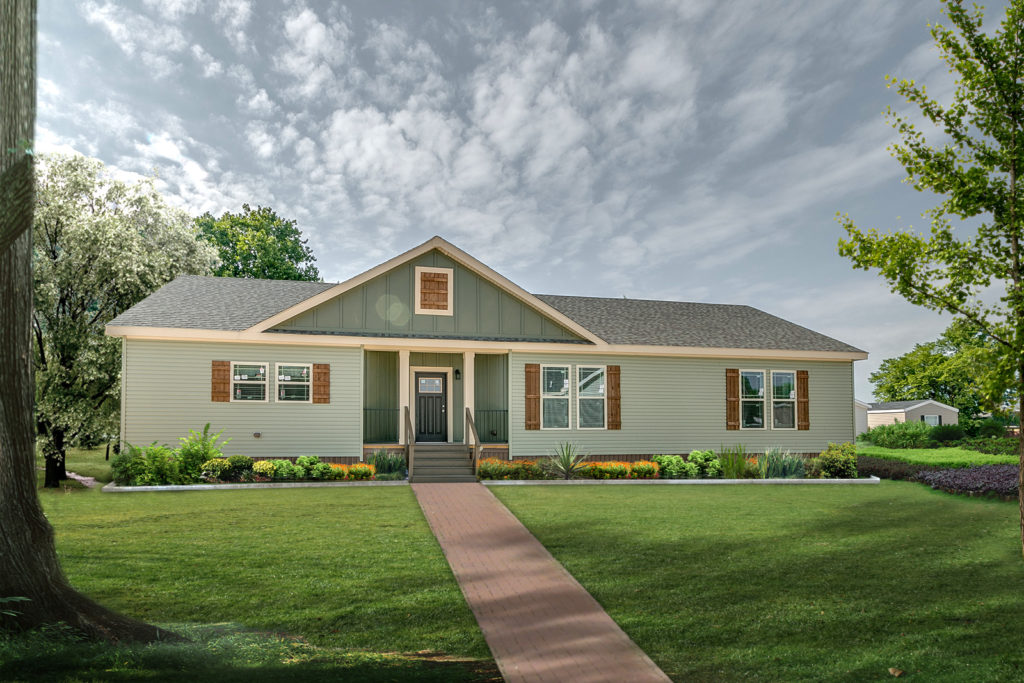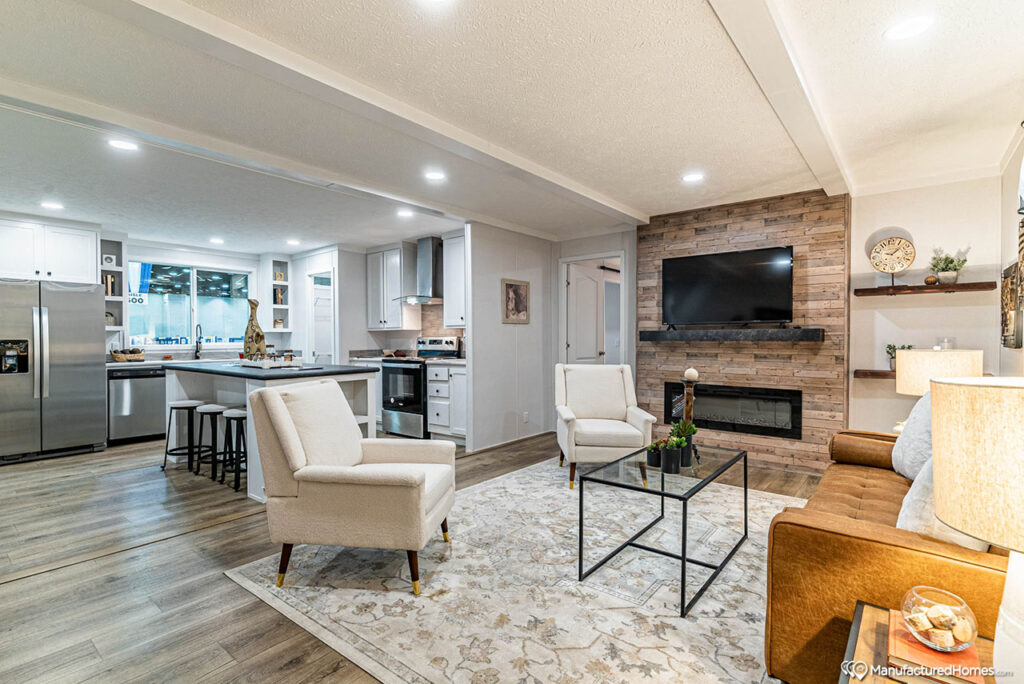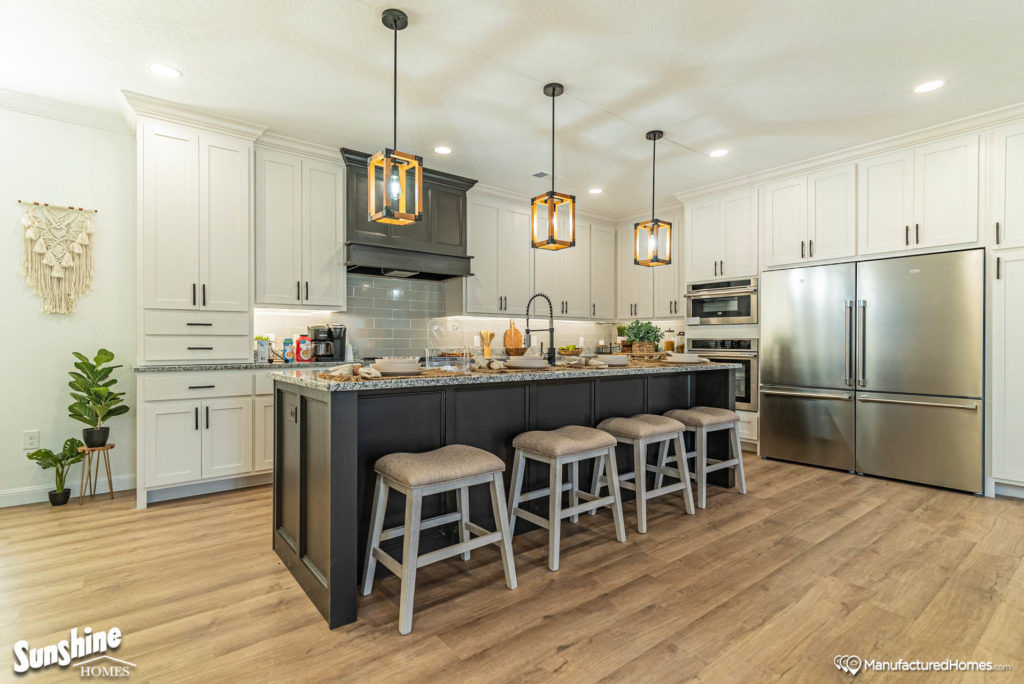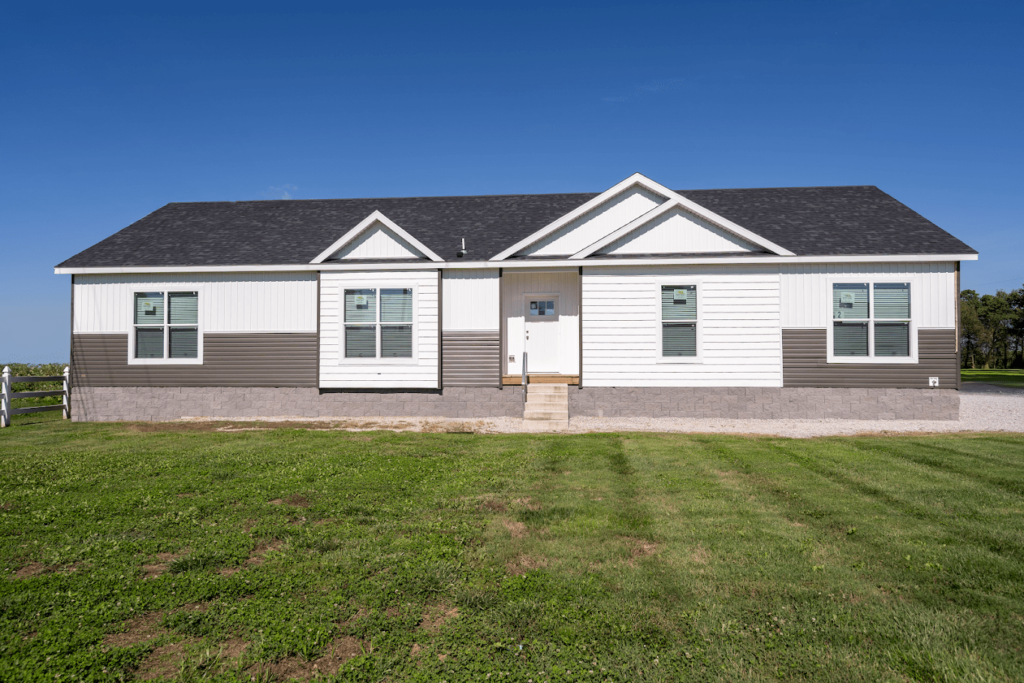When it comes to homes, there are numerous options available, ranging from traditional houses to manufactured homes. Mobile homes and modular homes are popular choices for those looking for affordable and flexible housing solutions. However, it’s important to understand the key differences between the two before making a decision.
While both mobile homes and modular homes offer unique benefits, they are constructed and regulated differently. Whether you’re a first-time homebuyer or someone looking to upgrade, understanding the distinctions between mobile and modular homes can help you make an informed choice.
What is a Mobile Home?
A mobile home, also known as a manufactured home, is a type of housing that is built in a factory and then transported to its desired location. These homes are constructed on a steel chassis with wheels, allowing them to be easily moved from one place to another. Mobile homes are typically single-story structures and vary in size and layout.
One key characteristic of mobile homes is their affordability. Compared to traditional homes, mobile homes are typically more affordable due to their factory construction process and lower cost of materials. They are also known for their flexibility, as they can be easily relocated if desired.
However, it’s important to note that mobile homes are subject to specific regulations set by the Department of Housing and Urban Development (HUD) in the United States. These regulations govern safety standards, construction standards, and energy efficiency requirements for mobile homes. Mobile homes must also meet certain criteria to be eligible for financing and insurance.
What is a Modular Home?
A modular home, on the other hand, is also built in a factory but is constructed in multiple sections or modules. These modules are then transported to the desired location and assembled on-site. Unlike mobile homes, modular homes have a permanent foundation. Once assembled, they are indistinguishable from traditional stick-built homes.
Modular homes offer several advantages over mobile homes. They are typically larger and more customizable in terms of design and layout. This is because modular homes are built in sections that can be combined to create a variety of floor plans and styles. Additionally, modular homes tend to have better construction quality and energy efficiency compared to mobile homes.
Differences in Construction and Regulations
While mobile homes are constructed on a steel chassis with wheels, modular homes are built in sections or modules that are transported and assembled on-site. This difference in construction allows for greater flexibility in design and layout for modular homes. Mobile homes, on the other hand, have limited customization options due to their factory construction process.
In terms of regulations, mobile homes are subject to specific regulations set by the Department of Housing and Urban Development (HUD) in the United States. These regulations govern safety standards, construction standards, and energy efficiency requirements for mobile homes. Mobile homes must also meet certain criteria to be eligible for financing and insurance.
Modular homes, on the other hand, are subject to local building codes and regulations that apply to traditional stick-built homes. They must meet the same standards and requirements as site-built homes, including building permits, inspections, and compliance with local zoning regulations. This ensures that modular homes are built to the same quality and safety standards as traditional homes.
Additional Differences
In addition to the differences in construction and regulations, there are a few other distinctions between mobile homes and modular homes.
1. Resale Value: Mobile homes generally have lower resale value compared to modular homes. This is partly due to the perception that mobile homes depreciate over time, while modular homes maintain their value or even appreciate in certain markets. The permanent foundation of modular homes contributes to their higher resale value, as it gives them a more traditional home appearance and can be considered a permanent structure.
2. Financing: Mobile homes may have more limited financing options compared to modular homes. This is because some lenders view mobile homes as a higher-risk investment due to their mobility and perception of depreciation. Modular homes, on the other hand, are often eligible for traditional mortgage financing since they are considered permanent structures and built to the same standards as traditional homes.
3. Insurance: Mobile homes may also have more limited insurance options compared to modular homes. Again, this is due to the perception of higher risk associated with mobile homes. Modular homes, being considered permanent structures, are typically eligible for standard homeowners insurance policies.
Get Started Today
If you’re interested in learning more about modular homes, contact Family Dream Homes. We’re here to help with any questions you may have!



